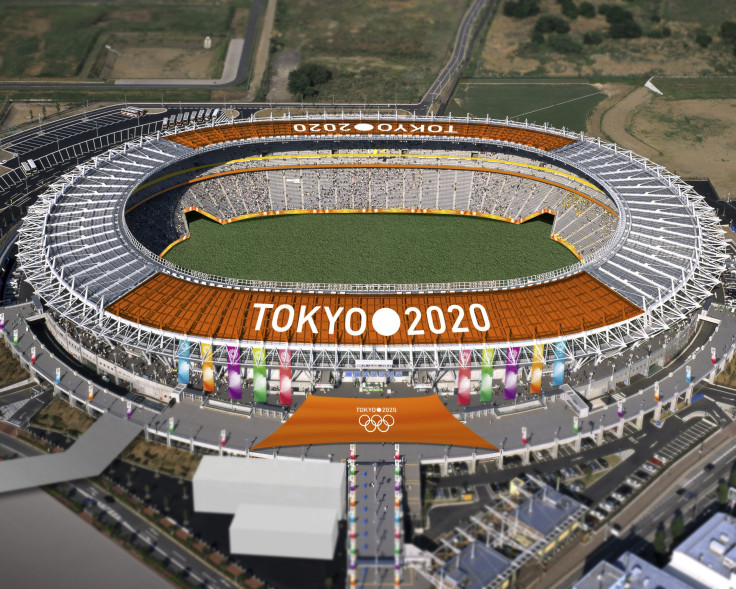Olympic Hopeful Tokyo Financially Ready For The Olympics As Vote Nears For 2020 Games

On Saturday the Olympic committee will decide which city will host the 2020 Olympic Games. According to a Standard & Poor’s report, a win for Madrid, Tokyo or Istanbul has the potential to undermine recent economic efforts at stabilizing national debt by imposing significant costs that may “affect its credit quality.”
Past Olympics have been a mixed bag for particular cities. For example, Barcelona’s 1992 Olympics was widely accepted as a successful Olympics, although it did increase the city’s debt. However, it lowered the city’s need for long term infrastructure investment because it had been sufficiently upgraded in preparation for the Olympics and it put Barcelona on the tourist map, increasing its popularity from 16th best European tourist destination in 1991 to third by 1999. On the other hand, Montreal’s 1976 winter Olympics ended up costing more than 400 percent of the budget estimates.
Similarly, Sydney’s Olympics was one of the biggest events in its history and was deemed to one of the most successful of all time, but it has since cost the Australian tax payer around A$43 million per year to keep some of the Olympic sites maintained.
In preparation for 2020, candidate city Tokyo has set aside a 340 billion yen ($3.4 billion) operating budget which is very low when compared to the $40 billion and $12 billion Beijing and London Olympics put aside respectively, and the projected $14.4 billion for Rio de Janeiro in 2016.
According to the report, the Tokyo organizers expect to get funding from “IOC commercial partnerships, other sponsorships, tickets and licensing fees.” In addition, the city expects capital expenditure to come to $4.3 billion of which $1.5 billion would be spent on a new Olympic stadium, and $1.1 billion raised from a private real-estate developer and lastly, the Tokyo Olympic Committee expects the private sector to fund housing for athletes and some other game related infrastructure.
Even if Tokyo fail to get the Olympics, Standard & Poor says the money that has been saved in preparation should be used to improve infrastructure as it will help the nation’s economy.
In 1964 Tokyo did not gain many capital benefits from hosting the games and those benefits are likely to be limited this time around as well. But as history shows, the upgrading of Tokyo’s infrastructure leading into the 64’ games had big economic benefits that far outweighed the nations huge $3 billion ($10 billion today) spend on the games, equivalent to the country’s total budget that year. They upgraded their mass transportation systems such as the Haneda airport access monorail, the bullet train system, subways and urban toll roads, enabling the local economy to benefit.
Historically, Olympics Games have always cost more than the original budget, sometimes as much as 179 percent of the original costs. However Tokyo says it has two special funds for additional costs: $4 billion for infrastructure needs and a further $2.5 billion to fund additional investment needs.
Ultimately, Standard & Poors says that Tokyo’s overall spending will depend on the economic climate at the time, but currently it appears they are in good shape to fund the games. Initially the city’s capital accounts would be negative for a few years before rebounding and returning a surplus, providing the city maintains a strong commitment to fiscal discipline.
© Copyright IBTimes 2024. All rights reserved.












